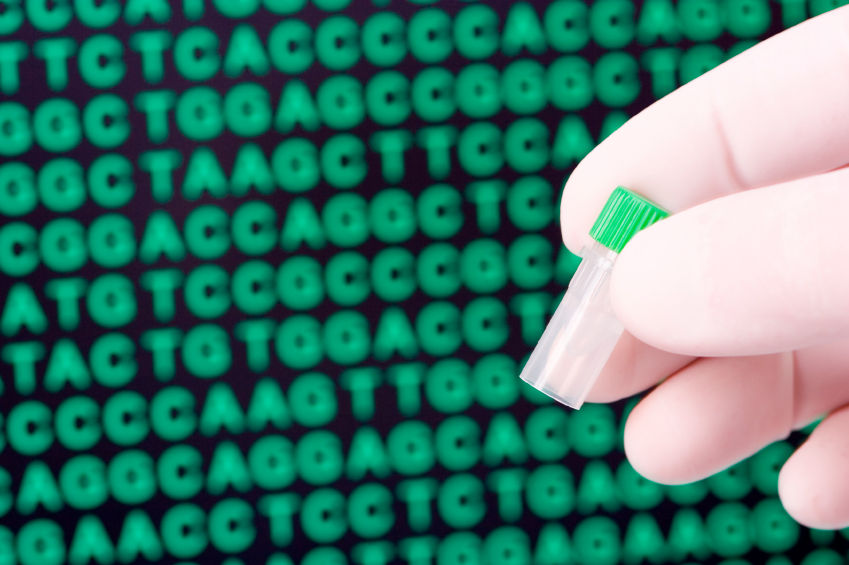A study presented at the Annual Congress of the American Society for Reproductive Medicine in Texas, has shown that new generation sequencing (NGS), “deemed to be the future of in-vitro fertilisation”, would “not be beneficial” for most patients. This “treatment”, which is available in the United Kingdom at a cost of €4,500, is a pre-implantation diagnostic technique launched in 2013. Practitioners sequence the genome of embryos obtained by in-vitro fertilisation and eliminate those presenting with an “anomaly”. This technique is believed to increase the IVF success rate by limiting the transfer of “abnormal” embryos.
However, the study which has involved 588 women between 25 and 40 years of age in 34 clinics across four different countries reveals the opposite, much to the surprise of the scientists involved. NGS could, however, prove “useful” for the few older women receiving MAP. Other experts suggest that this conclusion can probably be attributed to the poor implementation of NGS in the clinics in question rather than to the technique per se.
The Telegraph, , Henry Bodkin (30/10/2017)

